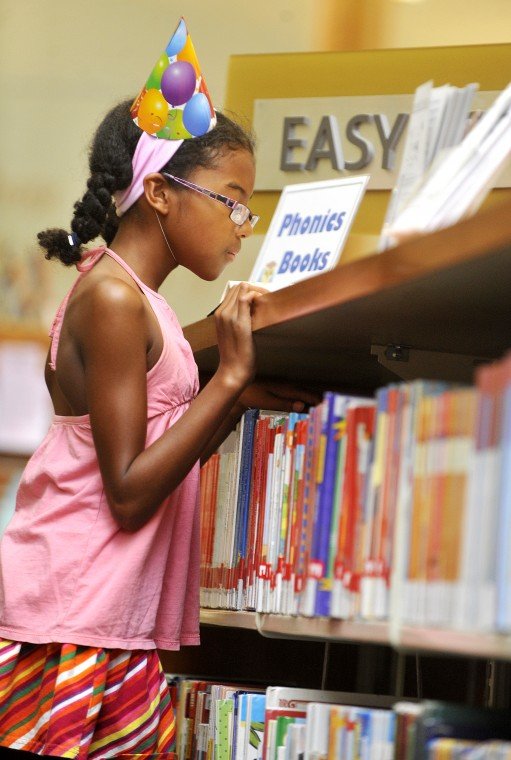
The special library tax that’s been in place for 20 years is expiring in 2015, and the county’s Joint Powers Authority is hoping that Gilroy residents will vote to continue the tax that supports maintaining library hours and inventory.
The JPA will voted Tuesday that they will put the issue on a mail ballot this August to “avoid any disruption in service,” according to Nancy Howe, Santa Clara County librarian.
The $33 annual parcel tax brings in $5.6 million annually for county libraries. That’s about 18 percent of the library system’s total budget. The money collected goes back to the local library where the tax originated, Howe said, and can only be used to buy new materials and to fund staffing for more open hours.
“Without these funds, we would have to reduce our new collection by 25 percent and close up for an additional day to day-and-a-half per week,” she said.
Ballots will be mailed to registered voters starting July 29th and must be returned by August 27, 2013, County staff said.
The special tax needs a two-thirds vote to pass. If it passes, the rate will remain at $33.
“In Gilroy it’s particularly important because you’ve built this beautiful new library which your citizens are paying for, but that money doesn’t go for operations,” Howe said. “This tax is different in that it supports how the library serves the community.”
The measure would provide funds to continue to help local libraries to buy books and research materials; maintain library hours and services; keep qualified librarians; continue summer student reading programs; and, among other services, provide an award-winning bookmobile program to bring books to seniors, the disabled and others, according to County staff.
“We know how important local libraries are to each of our communities,” said President Ken Yeager, County of Santa Clara Board of Supervisors. “Without these funds, our libraries would not be able to buy needed books and up-to-date research materials and would have to cut programs for children and seniors.”
The Library District funding is subject to the library district’s annual, independent financial audits and public review of expenditures, County staff said.













